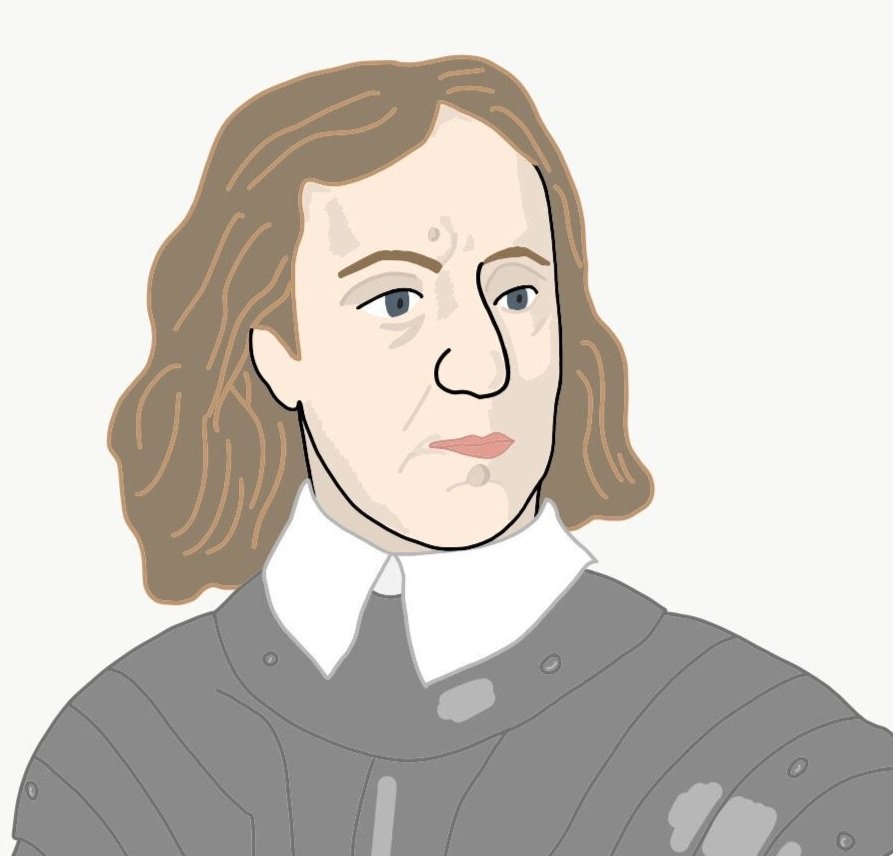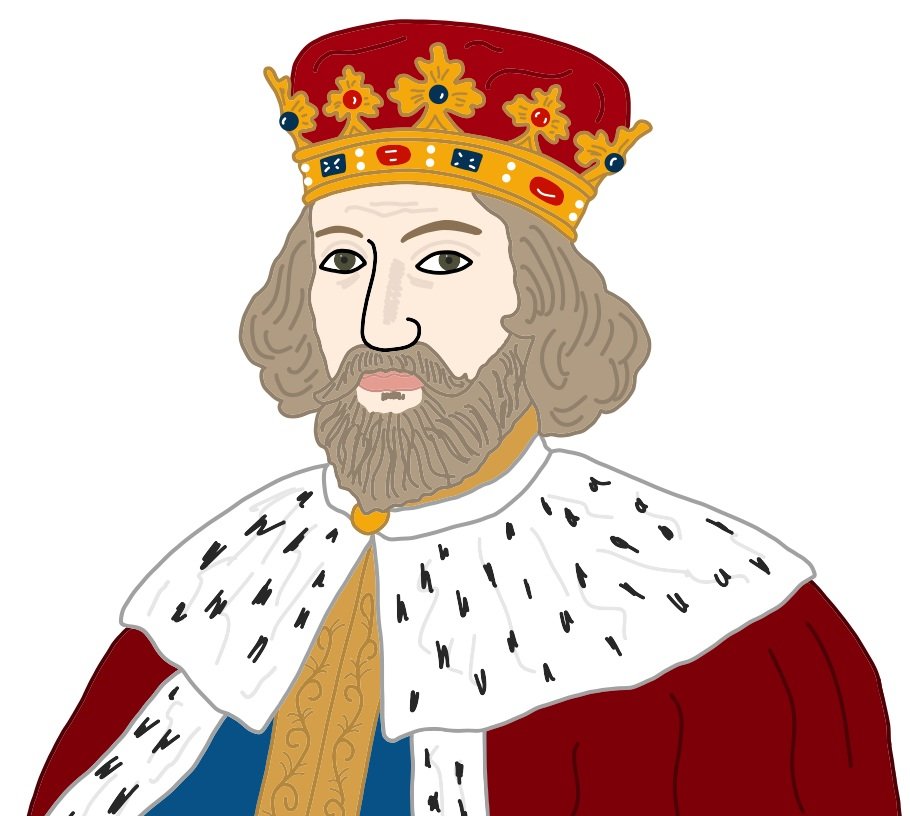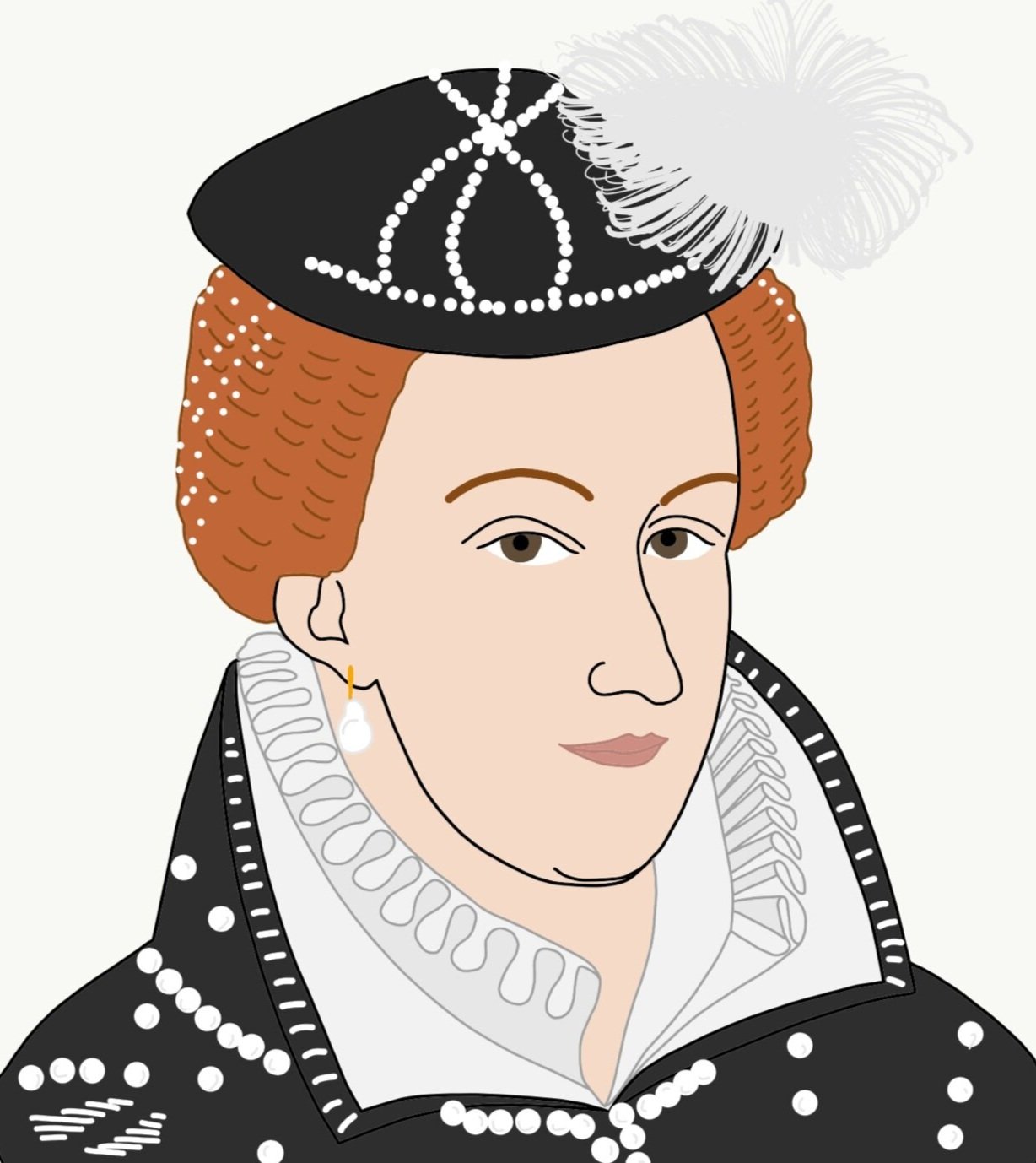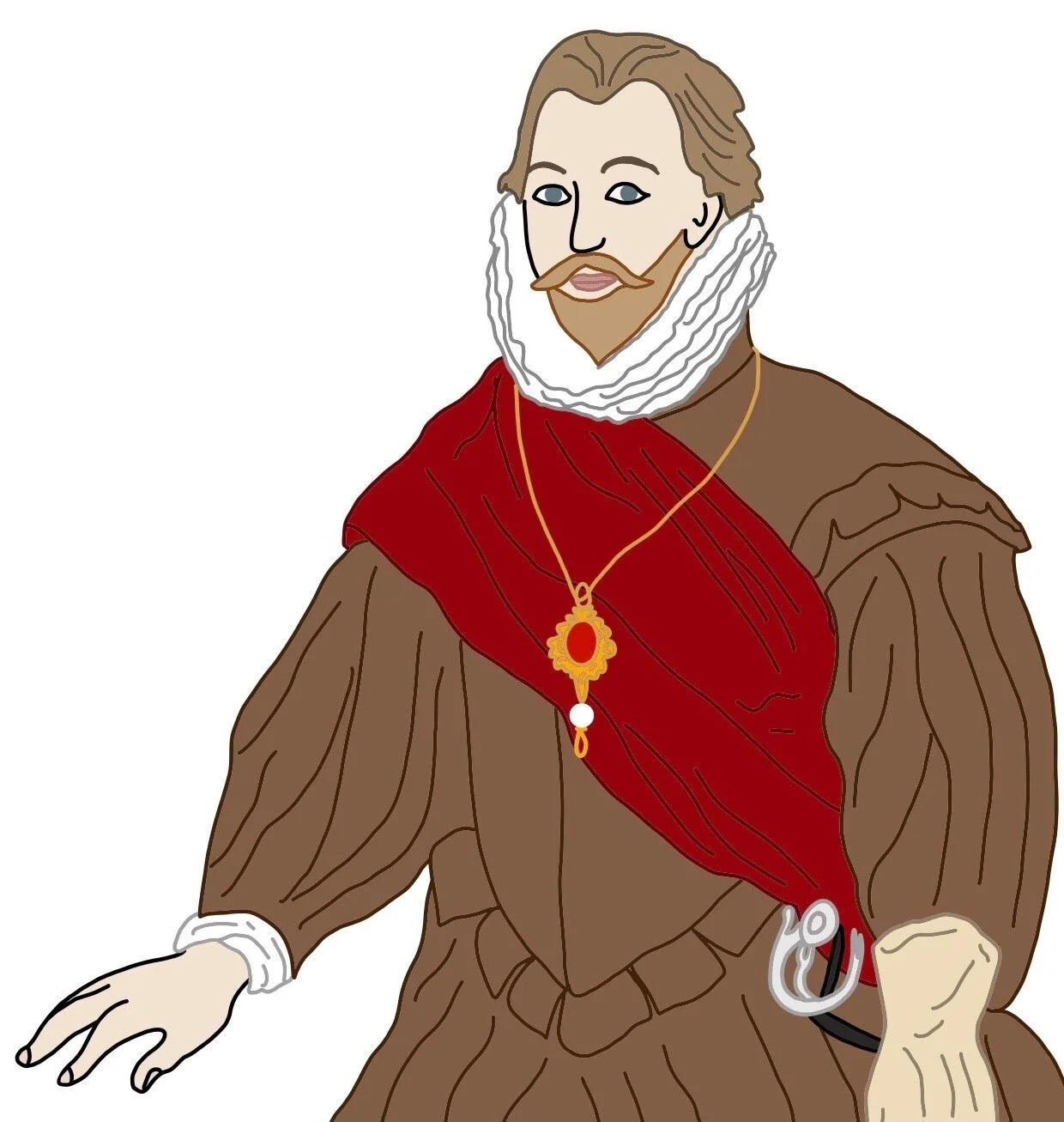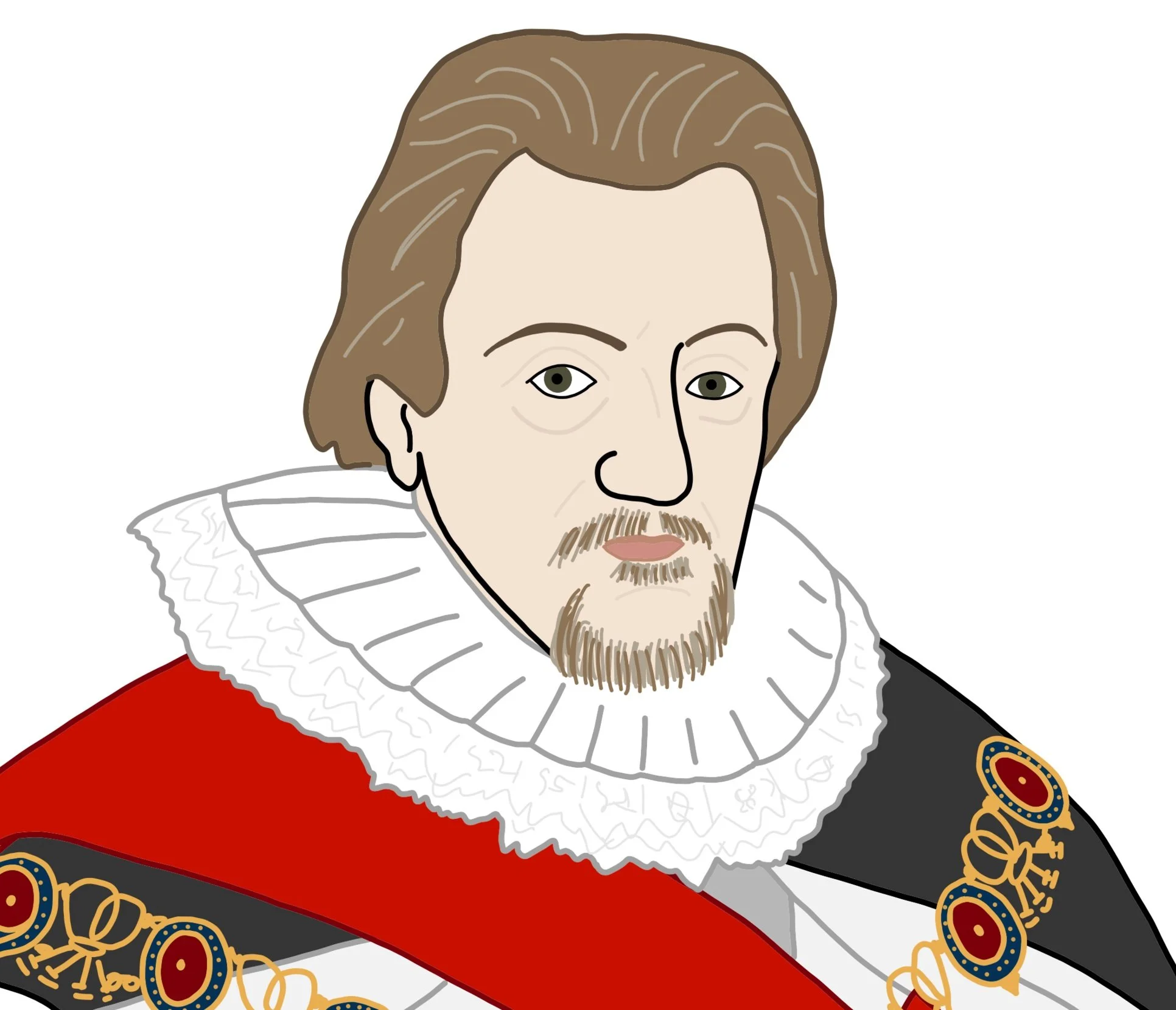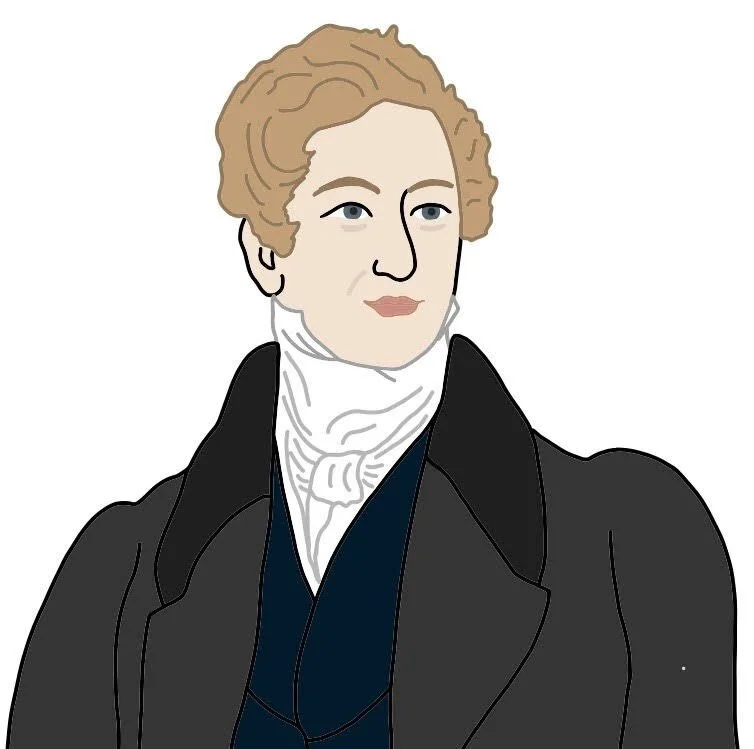June 13th - 19th
“A week with a strong focus on democracy (and the odd battle) - the Peasants’ Revolt, the Battle of Naseby, the end of the Falklands War, victory at Waterloo, and the signing of the Magna Carta...”
On 13th June…
323BCE - Alexander the Great died. He was a King of Ancient Greece who led his armies to victory throughout the Persian territories (modern day Iran), Syria and Egypt becoming not only leader of the Greeks but also the overlord of Asia Minor and pharaoh of Egypt. Alexander founded over 70 cities, many of them being named after him. His empire stretched across three continents: eastwards from Greece to India and also south to Egypt. It covered around two million square miles.
14 year old king calms angry mob
1381 - A large mob of peasants marched on London and demanded to see King Richard II. People were angry at Parliament’s resistance to make changes to society following the Black Death (Bubonic plague); they wanted the law changed. The Peasants’ Revolt had marched from Kent and Essex growing larger and larger as it passed each town and city, when they reached London they began burning and looting the city. The rebels from Kent were led by Wat Tyler who met with King Richard II and gave him a list of changes that the people wanted to happen; they wanted higher wages and for the poorer people to have more equality and more freedom. Wat Tyler was badly wounded and taken to St Bart’s hospital in London, he was later killed on the orders of Sir William Walworth, the Lord Mayor of London. To begin with the king agreed to the terms to keep the peasants happy but he later changed his mind and didn’t keep his promises, but over the next fifty years changes were made and many of the peasants’ demands were met e.g., they could choose who they married and could work where they pleased.
Henrietta Maria of France marries King Charles I
1625 - King Charles I married the French princess, Henrietta Maria. Together they had 8 children, two of whom went on to become kings of England: Charles II and James I (of England) and VII (of Scotland).
On 14th June…
Battle of Naseby won by Parliamentarians
1645 - The royalist forces of the English Civil War were defeated at the Battle of Naseby by the parliamentarian ‘New Model Army’ led by Oliver Cromwell and Thomas Fairfax. This battle is considered one of the most important of the English Civil War.
1917 - The first German air attack on England during World War I killed over one hundred people in East London.
Emmeline Pankhurst dies
1928 - Emmeline Pankhurst died. Emmeline was a political activist who founded the Women’s Social and Political Union which fought for women's right to vote. The members of the union were called suffragettes.
1982 - The Falklands War ended just 74 days after Argentinian forces invaded the islands. During the fighting 255 British servicemen and 655 Argentine servicemen lost their lives.
On 15th June…
King John signs the Magna Carta
1215 - King John signed the Magna Carta at Runnymede. The Magna Carta was a document that implied there were laws that even the king had to abide by. It is seen as the beginning of democracy in England.
On 16th June…
Mary Queen of Scots imprisoned in Loch Leven Castle
1567 - Mary, Queen of Scots was imprisoned in Lochleven Castle on an island in the middle of Loch Leven in Scotland. She was accused of adultery and murder and forced to abdicate the throne in favour of her 11-month-old son, King James VI.
1963 - Russian Valentina Tereshkova became the first woman in space aboard the spacecraft Vostok 6. She spent three days in space, orbiting the earth 48 times, before returning to Earth.
On 17th June…
Henry VII wins Battle of Deptford Bridge
1497 - King Henry VII defeated Cornish rebels at the Battle of Deptford Bridge. The Cornish rebels were fed up and angry that their Stannary Parliament (independent parliament) had been closed by the king and that they were being heavily taxed to pay for a war against Scotland that had nothing to do with them. Led by Michael Joseph An Gof and Thomas Flamank, the Cornish army of miners, farmers and workers were outnumbered by the English soldiers and easily defeated. Both Michael and Thomas were executed by being hanged, drawn and quartered.
Sir Francis Drake claims California for Elizabeth I
1579 - Sir Francis Drake landed in California just north of present-day San Francisco to repair his ship. He claimed the area for Queen Elizabeth I by nailing a notice to a tree.
1631 - Mumtaz Mahal died during childbirth. Her husband, Shah Jahan I, the Mughal emperor then spent 20 years building her tomb, the Taj Mahal in northern India.
On 18th June…
1815 - At the Battle of Waterloo in Belgium, the English forces led by the Duke of Wellington and the Prussian forces led by Gebhard Leberecht von Bulcher defeated the French army led by Napoleon Bonaparte. This battle brought an end to Napoleon’s reign. (Prussia was an empire in Europe now covered by parts of Russia, Poland and Germany)
On 19th June…
King James VI & I born
1566 - King James I (of England and Ireland) and VI (of Scotland) was born in Edinburgh. He became king before he was one year old when his mother Mary Queen of Scots was forced to abdicate.
Robert Peel introduces the Metropolitan Police Act 1829
1829 - Robert Peel introduced the Metropolitan Police Act 1829 to Parliament to establish a unified police force for London. The first policemen were called ‘bobbies’ or ‘peelers’ after their founder Robert Peel.


